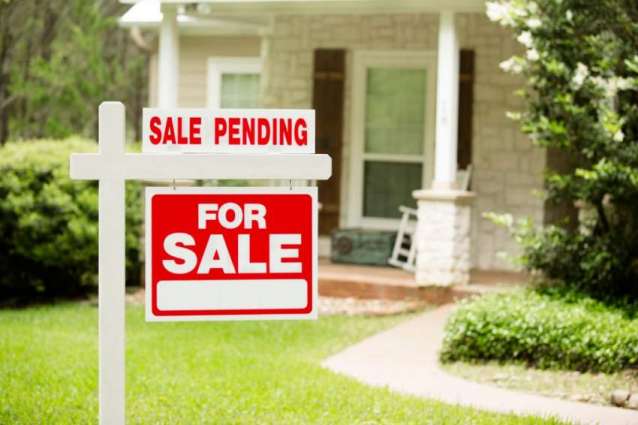US pending home sales rose almost 2 percent in March from a contraction of nearly 11 percent in February, industry data showed Thursday, but the growth was still less than half of market expectations amid signs that record-high prices were beginning to weigh on the sector
WASHINGTON (Pakistan Point News / Sputnik - 29th April, 2021) US pending home sales rose almost 2 percent in March from a contraction of nearly 11 percent in February, industry data showed Thursday, but the growth was still less than half of market expectations amid signs that record-high prices were beginning to weigh on the sector.
Pending home sales, a measure of signings on existing home purchases that have yet to be concluded, rose 1.9 percent last month, after shrinking by 10.6 percent in February, the National Association of Realtors said.
Economists polled by US media had expected a 4.4 percent growth in March and blamed the smaller-than-expected expansion on record-high home prices in the United States in recent months, despite an economy still restrained by the coronavirus pandemic.
"While we saw an increase in new sellers in April, we still don't have as many as in recent pre-pandemic years," Danielle Hale, chief economist at realtor.com said in a comment carried by CNBC.
Existing homes offered for sale in the United States fetched $330,000 each on average in March, an all-time peak based on data tracked by the National Association of Realtors.
Federal Reserve Chairman Jay Powell, commenting on the phenomenon in the housing market, said on Wednesday that since it was the biggest boom he had seen since the Great Recession of 2008-2009.
At the same time, Powell said he was not unduly concerned about a bubble forming in the housing sector due to runaway demand, saying he believed the average buyer was financially sound to keep up with mortgage payments. The housing market experienced its worst crash in March 2007, just before the 2008-2009 recession, due to over-geared buyers.
Economists said the current supply-demand mismatch and record-high prices for housing were partly due to the Federal Reserve keeping interest rates at near-zero over the past year, enabling people to borrow cheaply to buy homes.
The National Association of Realtors said on Thursday it expected the lag in home supply versus demand to ease in the coming months as more inventory came on the market.




